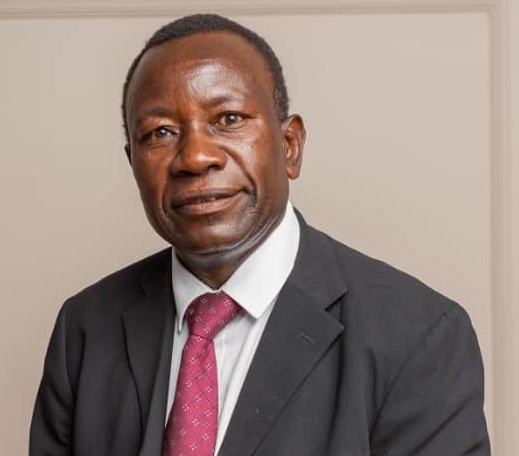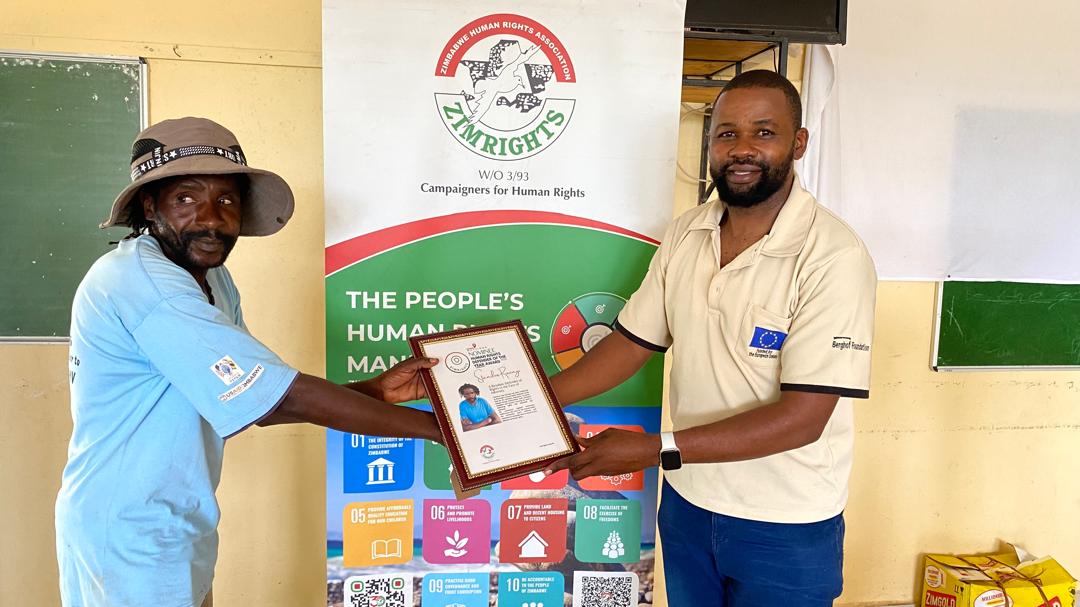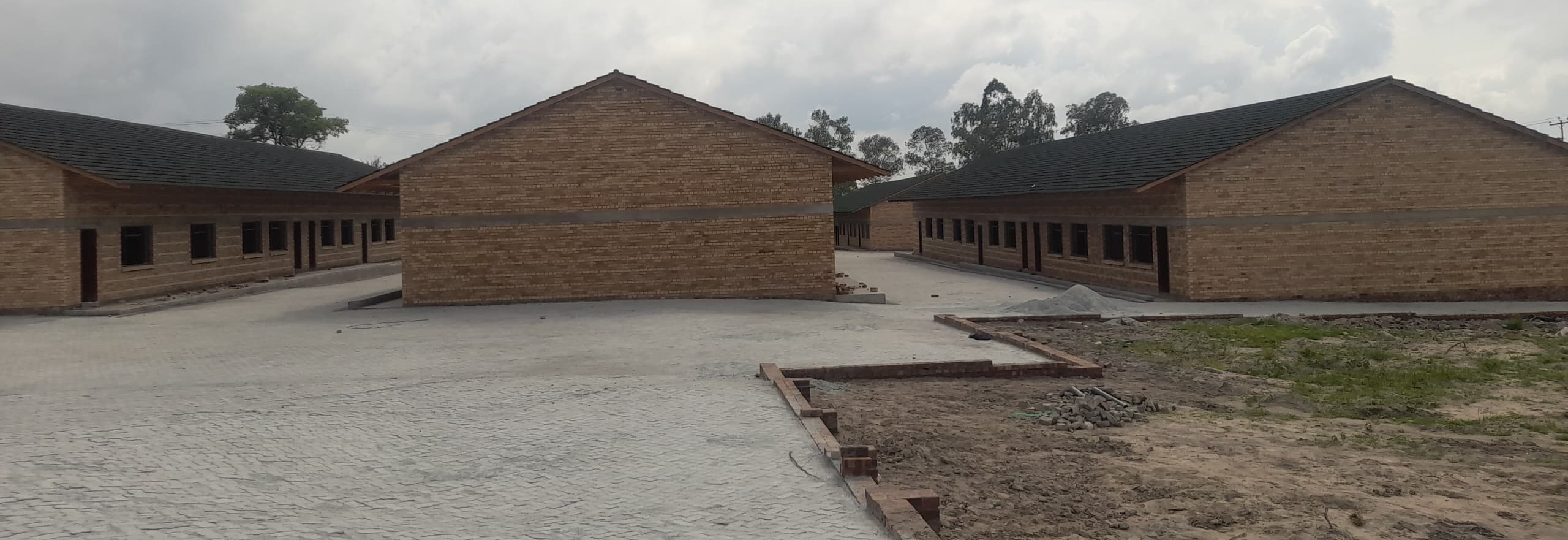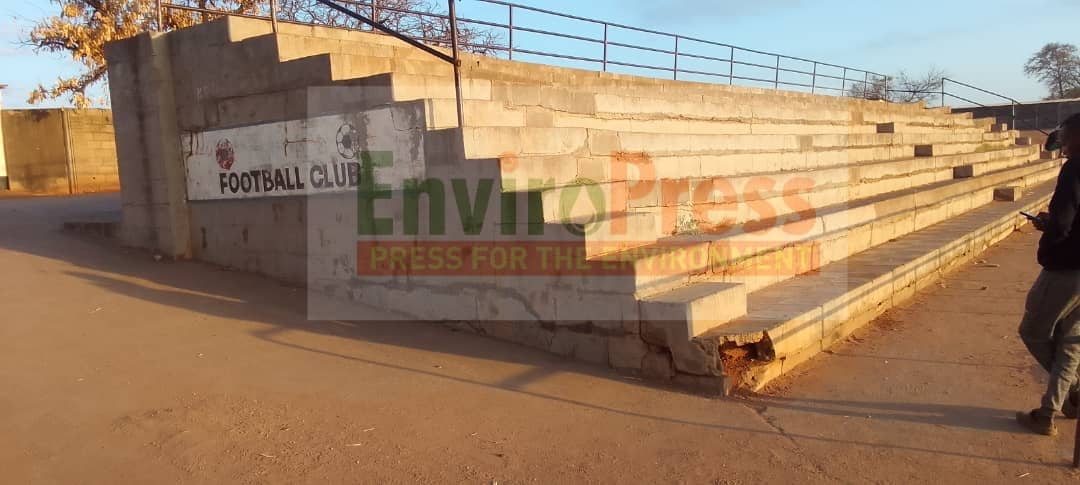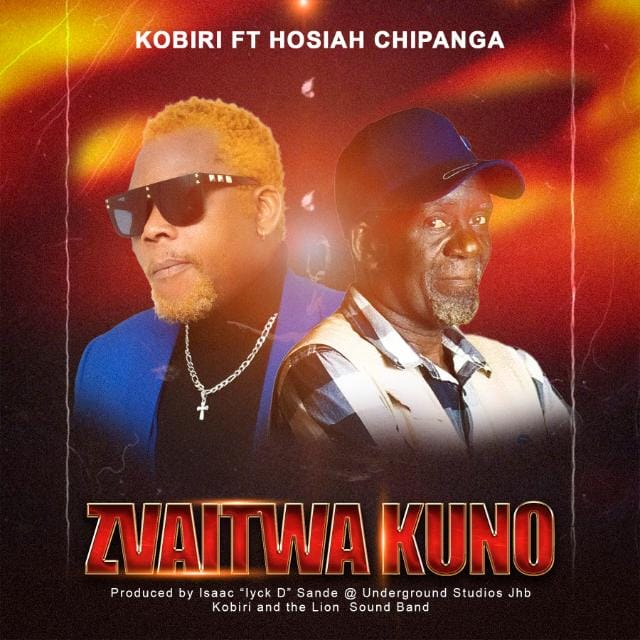Dr. Chikomwe
Trymore Tagwirei
Chivi has diverse mineral deposits with potential to turnaround the lives of the poverty-stricken people of the district if illegal mining is replaced by well-managed, responsible mining activities.
Dr. Savory Chikomwe, who was hired to carry out research and produce Chivi Rural District Council’s masterplan for the year 2024 – 2040, said the district had 285 registered mining blocks with different types of minerals.
He told EnviroPress that the district was rich in gold, diamond, chrome, iron ore, granite, lithium, and other mineral deposits. However, informal mining with no value-addition is shortchanging communities for example the vast illegal gold claims in wards 23 and 25.
If anything, the mining has been counterproductive, with many families’ homes being destroyed and houses cracked due to heavy blasting. Some young people are now into drug abuse and prostitution.
Furthermore, the impacts of climate change on Chivi are noticeable, and many families survive on donor aid and government’s food relief programmes.
“Chivi district possesses vast expanses of diamond deposits in Sese, with 285 registered blocks of 10 hectares each awaiting extraction by RioZim. Furthermore, the district has other substantial diamond deposits in the western region currently being mined by Murowa Diamonds. Theses extend from the edges of Mberengwa district into Chivi district.
“The district also hosts gold deposits in the Border Munaka area, with approximately 100 registered blocks allocated for gold mining. These gold claims span 10 hectares each, and they are under the ownership of Mercy Matswai (Pvt) Ltd. The company has secured 1000 hectares of land for gold mining purposes,” Chikomwe said.
He said gold, lithium and copper mineral clusters existed in Ngundu, Dare, Gororo, Shongamiti, and Chasiyatende.
Illegal mining activities
In their report, Chikomwe and his team highlighted the prevalence of artisanal and small-scale miners who cause environmental degradation.
Such miners were present at Chasiyatende Business Centre where established businesses suffered the consequences of their largely irresponsible mining practices.
To prevent urban planning conflicts similar to the ongoing dispute between Chasiyatende businesses and illegal miners, the masterplan report stresses the need for the local authority to quickly respond to notices regarding intentions to establish mines, and Exclusive Prospecting Orders registrations.
Many families in the district particularly in the northern and southern sides of the district rely solely on illegal mining for their survival. Two major rivers; Runde and Tugwi provide for most of the alluvial riverbed mining in the district.
In ward 12, villagers travel for over 10km to reach Tugwi River to mine for alluvial gold, and the environmental impact has left Chief Nemauzhe gravely worried.
“Rivers are silting beyond rehabilitation, and the wider environment is getting degraded. This threatens animals which fall into uncovered pits, and poses a danger to people too,” the traditional leader said.
In Ward 23, which is on the southern part of the district, some families’ homes were destroyed and scores of shops at Chasiyatende Business Centre were destroyed by illegal miners.
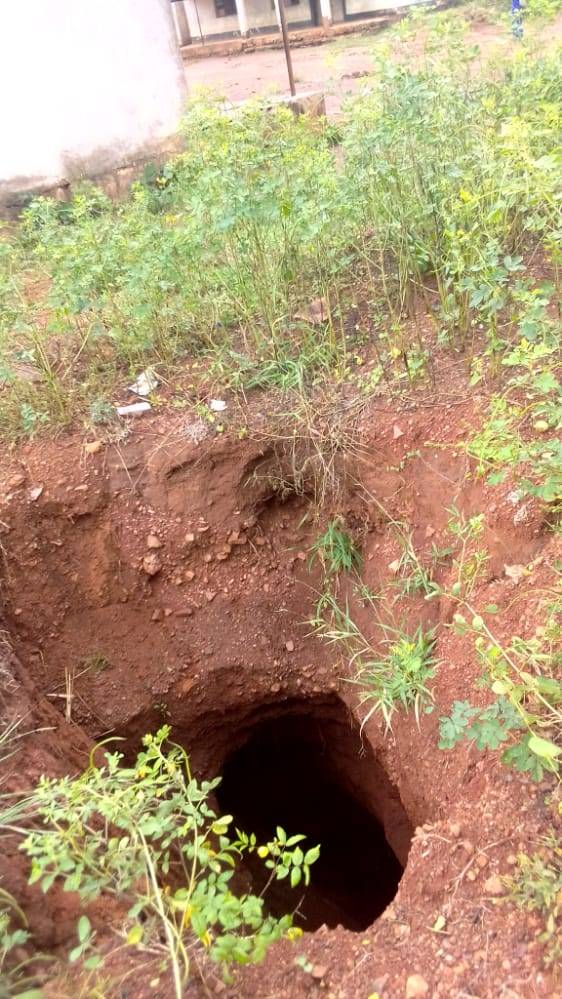
One victim is Berina Tinosekwa, a widow from Tizirai village under Chief Nemauzhe, who was recently left destitute after her huts were damaged by heavy blasting by illegal gold miners in the area.

